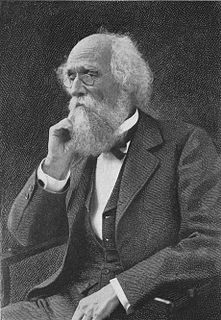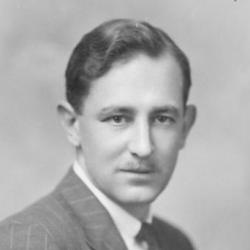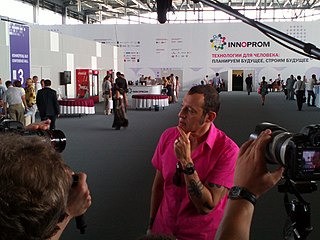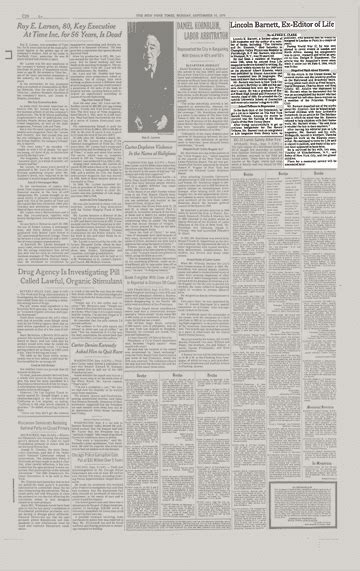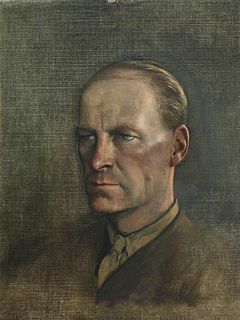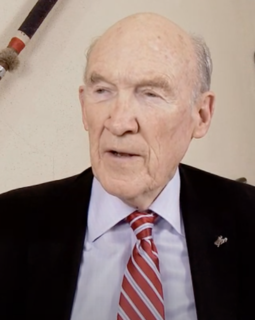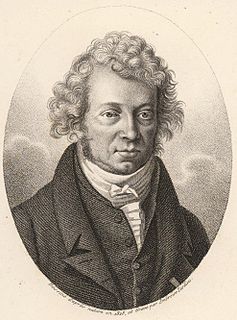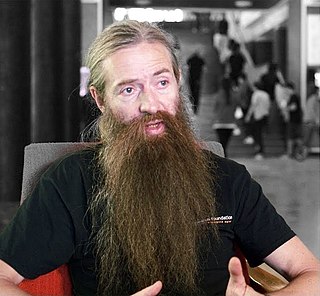A Quote by Norbert Wiener
the science of control and communication in the animal and the machine
Quote Topics
Related Quotes
There is no conflict between the ideal of religion and the ideal of science, but science is opposed to theological dogmas because science is founded on fact. To me, the universe is simply a great machine which never came into being and never will end. The human being is no exception to the natural order. Man, like the universe, is a machine.
One: There is a low limit of weight [of about] 50 pounds beyond which it is impossible for an animal to fly. Two: The animal machine is far more effective than any we can hope to make. Three: The weight of any machine constructed for flying, including fuel and engineer, cannot be less than three or four hundred pounds. Is it not demonstrated that a true flying machine, self-raising, self-sustaining, self-propelling, is physically impossible?





